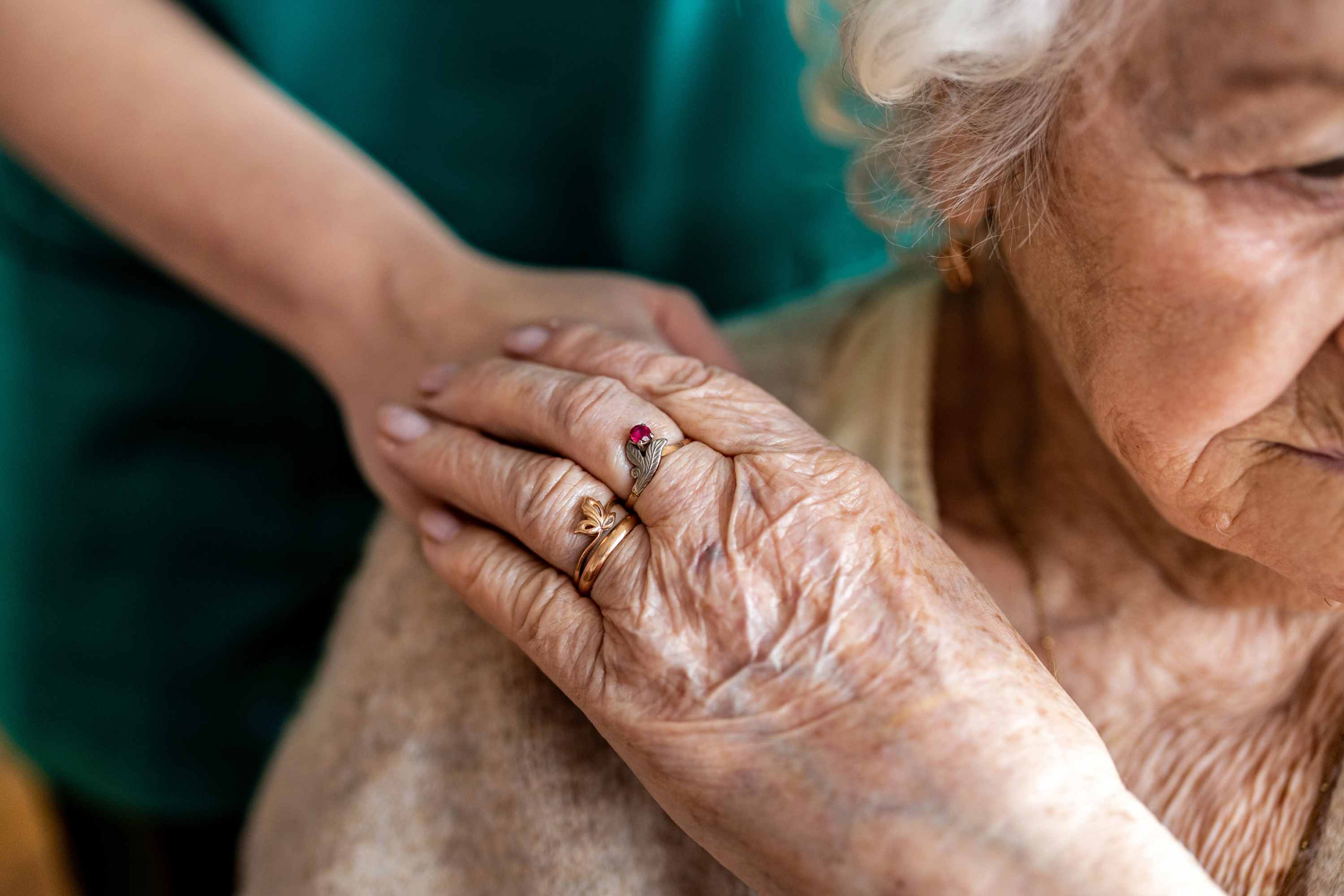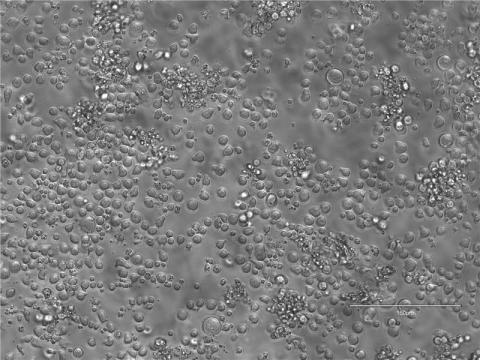Taurine is not a reliable marker of ageing, study shows
Several studies have suggested that taurine concentrations in the blood decrease with age and that supplementation with this amino acid could delay ageing. Now, a study carried out in the USA with Spanish participation, including data from humans, monkeys and mice, shows that this decline is not systematic and that it depends more on individual factors than on ageing, so taurine is not a reliable marker of ageing. The results are published in the journal Science.

Manuel Collado - taurina mal EN
Manuel Collado
CNB-CSIC Scientific Researcher at the CiMUS of the University of Santiago de Compostela, IDIS. Laboratory of Cell Senescence, Cancer and Aging
This article is published in the journal Science to disprove earlier findings published in the same journal which seemed to indicate that taurine levels decline during ageing. These data had led to the postulation of the possibility of using blood taurine levels as an indicator of biological ageing, and it had even been proposed that taurine supplementation to restore higher levels could be an anti-ageing intervention.
It is most surprising, and at the same time refreshing and satisfying, to find high-level publications describing ‘negative’ results. The ‘business’ of science is always built on positive results, often disdaining negative results, as if finding that something does not work as expected is not also of great relevance and help in the field.
The group led by Spaniard Rafa de Cabo, one of the world leaders in research into the biological basis of ageing, at the head of his group at the NIH's NIA in the US, has drawn on a wealth of data from longitudinal studies (those in which the same individuals are sampled over time) of ageing in mice, monkeys and humans. The evidence shows that taurine levels vary more between individuals due to different factors than age. In order for a molecule to be considered a true biomarker of ageing, its levels should vary primarily with age and not, as the authors show, by factors specific to each individual that are unrelated to age.
This work demonstrates how important it is to conduct longitudinal studies involving a large number of individuals, across a wide age range and in different species. This is the only way to achieve consistent and robust results. But it also shows how important it is to publish negative results that contradict previous views. Only then can we move in the right direction, amending previous views biased by insufficiently robust results.
Nabil Djouder - taurina mal EN
Nabil Djouder
Head of the Growth Factors, Nutrients and Cancer Group of the National Cancer Research Center (CNIO)
The study is of good quality. It is published in Science, one of the most prestigious journals, and has been carried out by a group of high-level researchers, including Rafael de Cabo, a Spanish scientist (originally from Cordoba) renowned for his work on ageing. The design is robust: it combines longitudinal and cross-sectional data in three species (humans, non-human primates and mice), with analyses by sex and age, which strengthens its conclusions and overcomes the limitations of previous simpler or only cross-sectional studies.
The study is particularly relevant because previous research suggested that taurine supplementation could protect against ageing in mice. This work, however, shows that taurine levels do not necessarily decrease with age and that its value as a biomarker of ageing is limited.
This study fits with existing evidence by addressing a recently popularised hypothesis: that taurine declines with age and that taurine supplementation could extend life. However, it directly challenges it by employing a more rigorous methodology that corrects for biases in previous work.
Among the main novelties, the study shows that taurine levels do not necessarily decrease with age and even increase or remain stable in several cases, with inter-individual variability being greater than age-associated changes. Furthermore, the associations between taurine and functional parameters such as weight or strength are inconsistent and highly contextual. These observations have important implications, as they reinforce the need not to assume causality from simple correlations with longevity, and caution against the premature use of taurine as a universal biomarker of ageing. The paper underlines the urgency of further functional studies to clarify whether taurine acts as an active modulator of ageing or is merely a circumstantial correlate in certain experimental models.
Taurine is a non-essential amino acid in humans (i.e. it can be synthesised by the body), although it can also be obtained from the diet. Unlike protein-forming amino acids, taurine is not incorporated into proteins, but plays important roles as an osmoprotectant, antioxidant and calcium modulator, among others. Taurine is found almost exclusively in foods of animal origin, especially seafood and fish, red meat and poultry or eggs (to a lesser extent).
Although the study is robust and well-designed, it has some important limitations that should be considered. By focusing exclusively on healthy populations, it does not allow an assessment of whether taurine behaves differently in people with diseases associated with ageing, which limits the generalisability of its conclusions. Furthermore, the observed associations between taurine and functional health parameters were inconsistent, possibly due to uncontrolled contextual factors such as diet, genetics or microbiota composition. In this regard, all participants came from the same geographical setting (Baltimore) and shared similar dietary habits, based on a diet rich in foods of animal origin, seafood, fish, red meat or poultry, which may have directly influenced plasma taurine levels, regardless of age. This could explain the increase in blood taurine observed without the need to invoke an age-related effect.
Also, as this is a clinical and descriptive study, it does not address the molecular mechanisms that could clarify whether taurine acts as a modulator of ageing or whether it is simply an associated marker. Finally, the high inter-individual variability detected may have masked subtle or relevant effects only in certain subgroups, highlighting the need for more stratified analyses and functional studies in more diverse populations.
Fernández et al.
- Research article
- Peer reviewed
- People
- Animals



